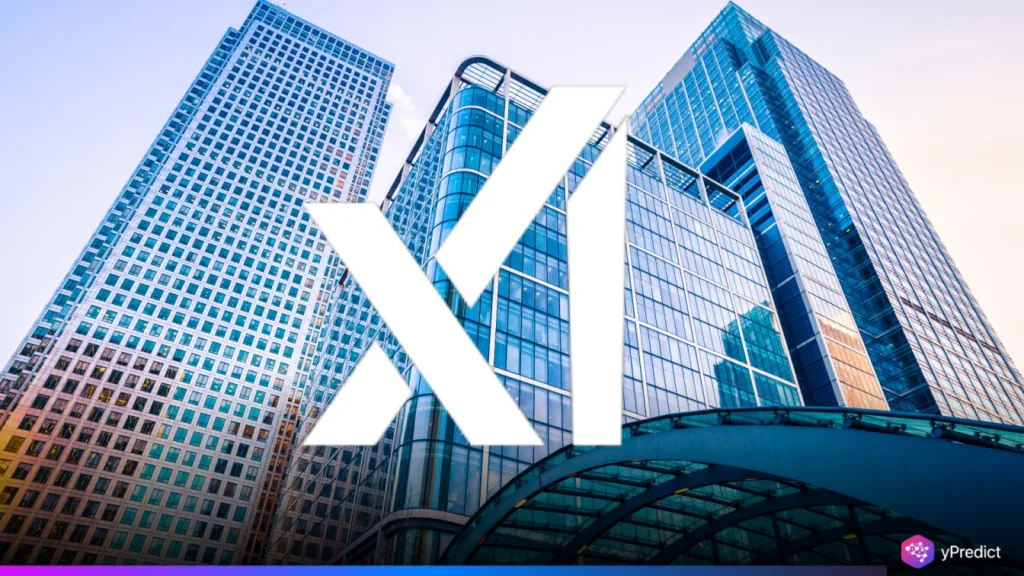
xAI, the AI company that built Grok, just opened an office in Seattle. The move represents an interesting change of direction for the firm, which to date has focused its footprint in the San Francisco Bay Area. In selecting Seattle, xAI is staking a claim in one of the nation’s most aggressive tech hubs. The move is generating buzz from those who recognize opportunity in the city’s rich talent pool, but also skepticism from skeptics concerned about Seattle’s politics, climate obstacles, and social concerns. The response online underscores the complexity of expanding into new territory.
Seattle’s Tech Landscape and Why xAI Chose It
Seattle has historically drawn big ideas. Microsoft moved in 1979, Amazon soon after and a dense tech ecosystem grew up around them. By 2023, that ecosystem was worth $120.5 billion and supported 13.7% of the city’s workers. Tech salaries hover around $220,000, which attracts top engineers from around the nation. For a research-driven company like xAI, this pool of experience is hard to ignore.
Seattle also nurtures fast growth. With companies like UPS and Nordstrom as proof, it’s a city where legacy brands blossom into global giants. For startups and research labs, that history spells opportunity. Toss in a robust clean energy and green building initiative, and xAI’s crusade to advance humanity fits perfectly with community goals. Still, the city’s expansion has its compromises. The fight for talent is intense and expensive. For xAI, that risk seems worth the access to skills and innovation.
Public Reaction and Political Undercurrents
Not, everyone was cheering when Seattle office news broke. Although a few fans commented that they intend to try it out, many others mocked what they perceive to be faults of the city. Critics noted a ‘socialist’ slant, cautioning that xAI’s efforts might adopt Seattle’s left-leaning politics. Others joked about requiring pepper spray, underscoring the city’s public safety reputation. Others focused on pay, noting job postings offering salaries up to $250,000.
But public perception isn’t the only game in town. Seattle is already adapting to climate shocks, such as the 2021 heat dome that thrust A/C into more than 50% of homes. For an AI company eager to work in-person, sustainable office design could be a requirement. Concurrently, layoffs from Salesforce and Oracle are putting experienced talent on the market. xAI’s timing might just help it ride this talent tsunami. The tension between enthusiasm and skepticism tells the story of Seattle itself: opportunity wrapped in challenge.
Conclusion
xAI’s pivot to Seattle represents more than a geographical change. It’s an entry into an ecosystem dense with talent, tech heritage and social and environmental aspirations. The response on the Internet reflects the city’s own paradoxes: awe at its achievement, sympathy for its challenges and intrigue about its future. Whether this risk cements xAI’s leadership or challenges its resilience, it will hinge on how it strikes its balance between Seattle’s potential and its perils. For the time being, the expansion it speaks of ambition, risk, and a wager on the AI future in a city founded on reinvention.





